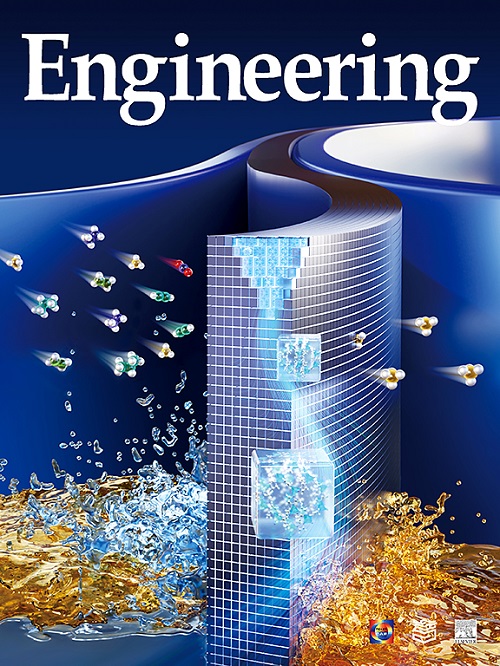Knowledge-Empowered, Collaborative, and Co-Evolving AI Models: The Post-LLM Roadmap
IF 10.1
1区 工程技术
Q1 ENGINEERING, MULTIDISCIPLINARY
引用次数: 0
Abstract
Large language models (LLMs) have significantly advanced artificial intelligence (AI) by excelling in tasks such as understanding, generation, and reasoning across multiple modalities. Despite these achievements, LLMs have inherent limitations including outdated information, hallucinations, inefficiency, lack of interpretability, and challenges in domain-specific accuracy. To address these issues, this survey explores three promising directions in the post-LLM era: knowledge empowerment, model collaboration, and model co-evolution. First, we examine methods of integrating external knowledge into LLMs to enhance factual accuracy, reasoning capabilities, and interpretability, including incorporating knowledge into training objectives, instruction tuning, retrieval-augmented inference, and knowledge prompting. Second, we discuss model collaboration strategies that leverage the complementary strengths of LLMs and smaller models to improve efficiency and domain-specific performance through techniques such as model merging, functional model collaboration, and knowledge injection. Third, we delve into model co-evolution, in which multiple models collaboratively evolve by sharing knowledge, parameters, and learning strategies to adapt to dynamic environments and tasks, thereby enhancing their adaptability and continual learning. We illustrate how the integration of these techniques advances AI capabilities in science, engineering, and society—particularly in hypothesis development, problem formulation, problem-solving, and interpretability across various domains. We conclude by outlining future pathways for further advancement and applications.
求助全文
约1分钟内获得全文
求助全文
来源期刊

Engineering
Environmental Science-Environmental Engineering
自引率
1.60%
发文量
335
审稿时长
35 days
期刊介绍:
Engineering, an international open-access journal initiated by the Chinese Academy of Engineering (CAE) in 2015, serves as a distinguished platform for disseminating cutting-edge advancements in engineering R&D, sharing major research outputs, and highlighting key achievements worldwide. The journal's objectives encompass reporting progress in engineering science, fostering discussions on hot topics, addressing areas of interest, challenges, and prospects in engineering development, while considering human and environmental well-being and ethics in engineering. It aims to inspire breakthroughs and innovations with profound economic and social significance, propelling them to advanced international standards and transforming them into a new productive force. Ultimately, this endeavor seeks to bring about positive changes globally, benefit humanity, and shape a new future.
 求助内容:
求助内容: 应助结果提醒方式:
应助结果提醒方式:


